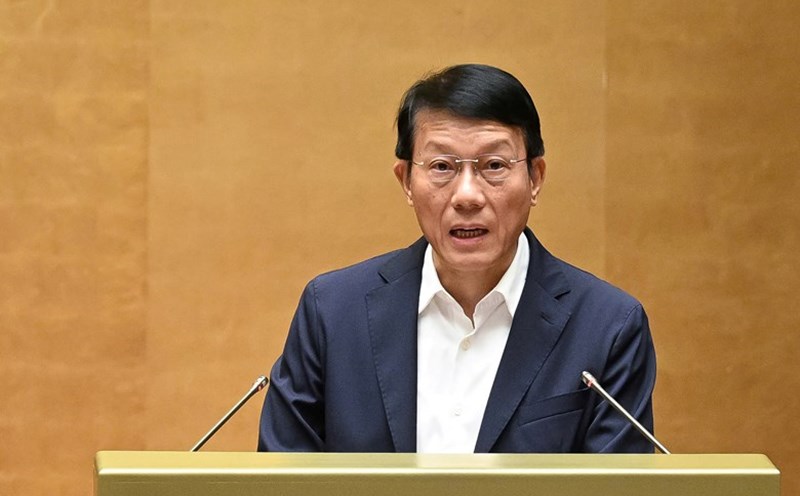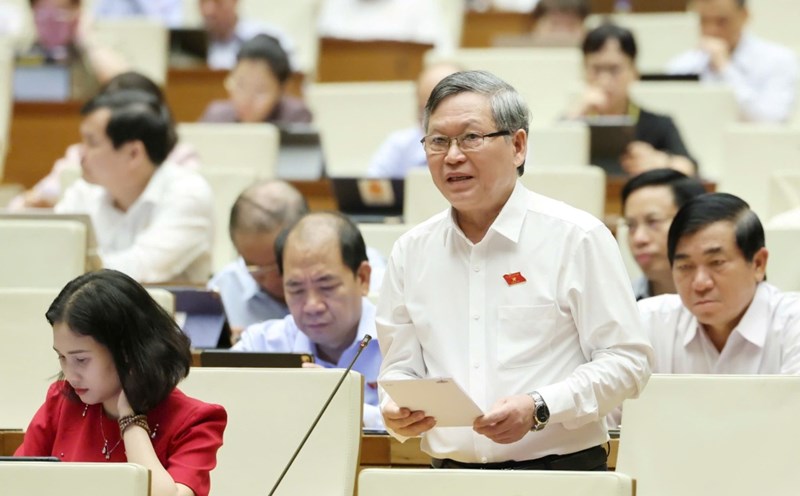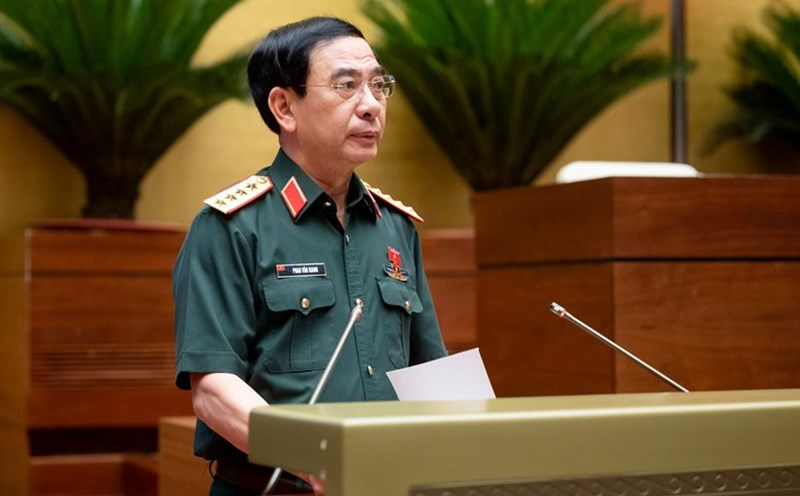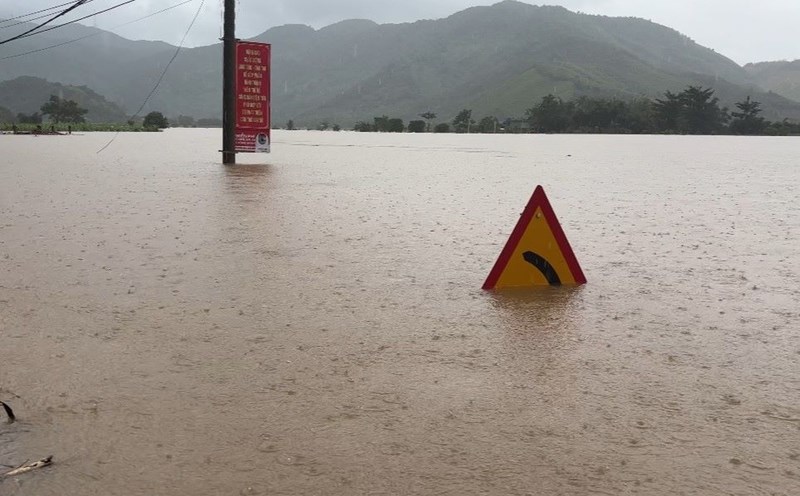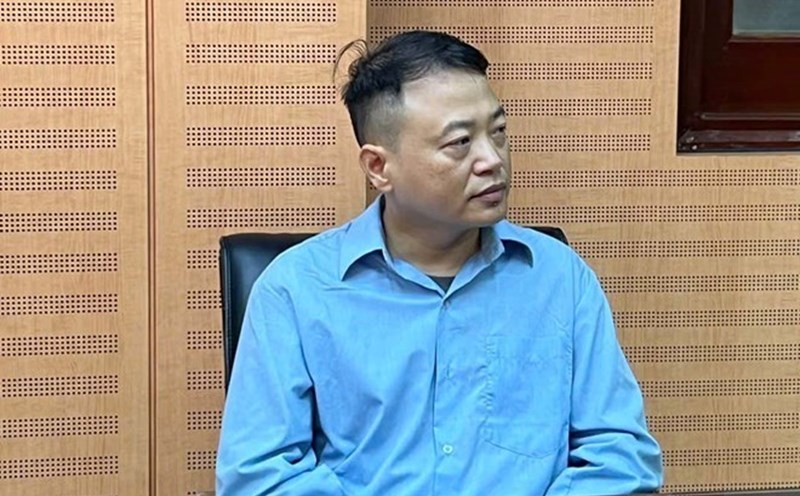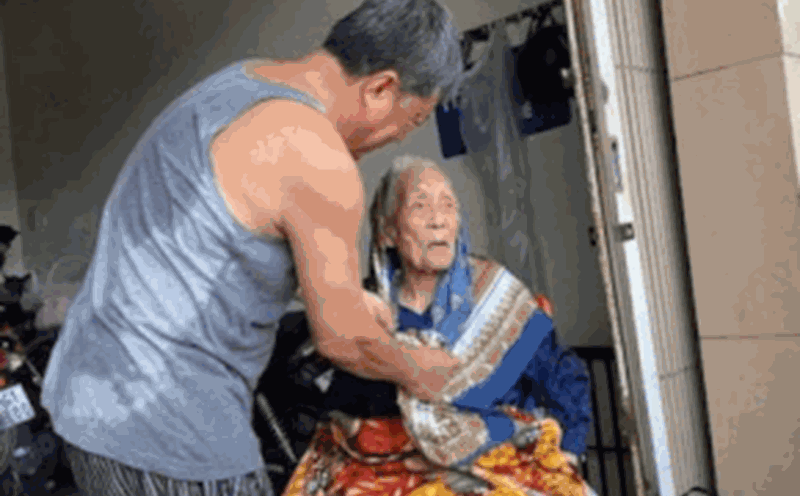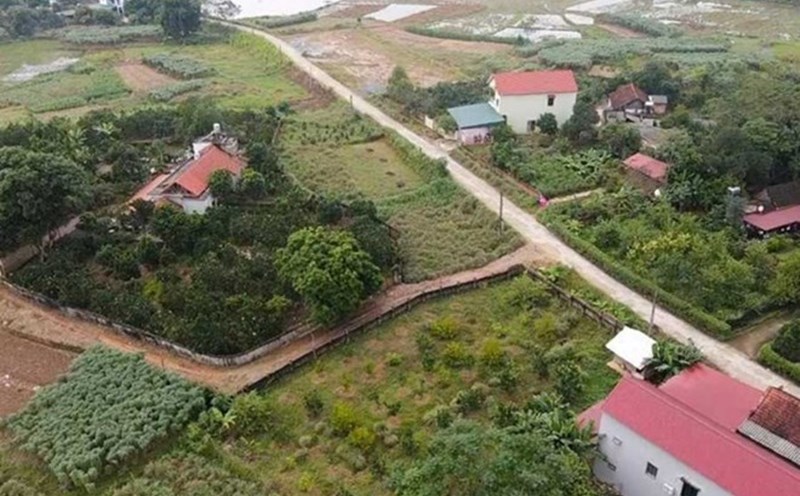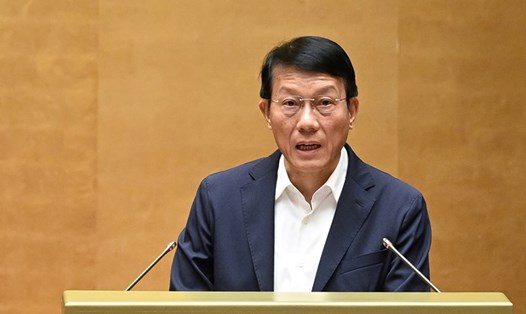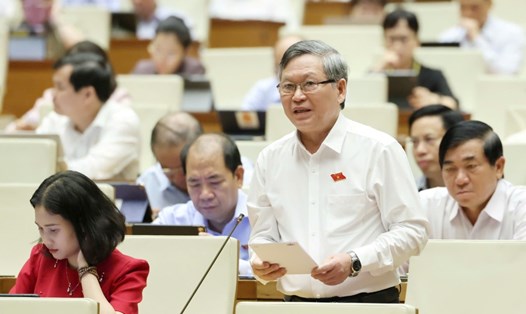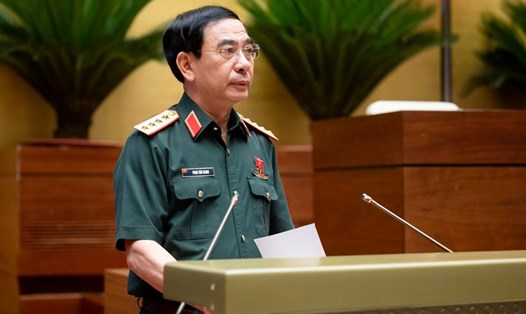On the afternoon of October 27, the National Assembly discussed a number of contents with different opinions of the draft Law on Emergency Situations.
Participating in the discussion, delegate Nguyen Tam Hung (HCMC Delegation) suggested that the drafting committee consider adding the prohibited act of: Not taking advantage of the emergency situation to abuse power, using force beyond authority to ensure a balance between the authority of the force performing official duties and the legitimate rights and interests of the people.
According to the delegate, this regulation does not reduce the effectiveness of management but on the contrary demonstrates the humanistic spirit and control of State power.
Delegates are also interested in the regulation on mobilizing armed forces to urgent areas. Delegates approved the clarification of the executive role of the Prime Minister, President and the Ministry of National Defense in mobilizing armed forces.
To unify the command, the delegate proposed to add an inter-sectoral coordination mechanism between the Ministry of National Defense, the Ministry of Public Security and local authorities according to the principle of one command point, ensuring quick response, avoiding overlap, and at the same time, in line with the defense area model according to Resolution 28 of the Central Committee and Decree 21 of the Government on building a solid defense area.
Regarding the authority to handle people detained in emergency situations, the delegate supported the viewpoint of the drafting agency when giving the right to temporarily detain the special patrol team to handle emergency situations on the spot.
However, to avoid misunderstandings or abuse of power, he suggested clarifying the organizational structure, level, scope of activities and detention period. Thus, it both ensures mobility and is in accordance with the principles of litigation and human rights under the Constitution.
Regarding the regulation on forces in a state of emergency, the delegate agreed to expand the concept of core forces, clearly identifying the Vietnam People's Army, the Vietnam People's Public Security and the militia as the main attackers.
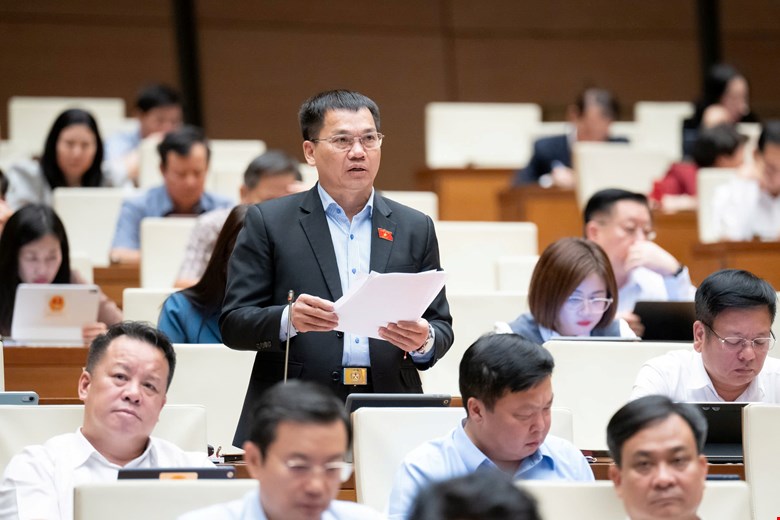
Participating in the discussion, delegate Duong Khac Mai (Lam Dong delegation) agreed with the regulation that decision makers in emergency situations are not responsible when making such decisions based on information obtained at the time of making the decision, have legitimate purposes and no profit motives.
This regulation both encourages quick action in emergency situations and protects cadres who dare to act for the common good, the delegate said, adding that there are still concerns when the draft Law stipulates the scope of exemption that is too wide and lacks a post-inspection mechanism.
Therefore, he suggested that the drafting agency consider stipulating that the dismissal of liability only applies if the decision-making person is authorized, based on objective and verified information, not exceeding the necessary limits and must have a specific reporting obligation to the competent authority after the emergency ends.
The delegate also said that the draft has not yet stipulated a mechanism for receiving feedback from people, organizations, and businesses in emergency areas.
He emphasized that this is a direct monitoring channel, helping to detect shortcomings, acts of abuse of power or taking advantage of emergencies for profit early.
Therefore, the delegate proposed to supplement regulations on the obligations of local authorities in receiving, synthesizing, and publicizing the results of handling feedback from people and businesses during the emergency application period, to ensure early detection and quick handling of arising problems of inadequacies.

